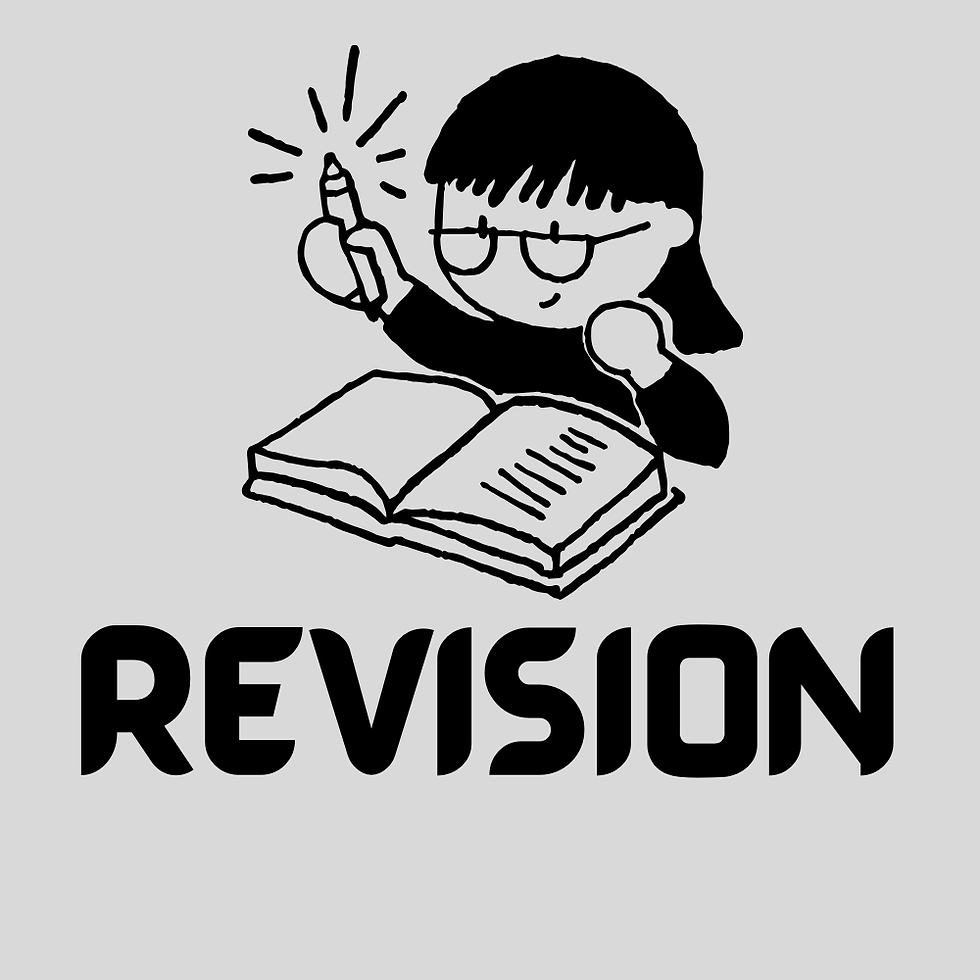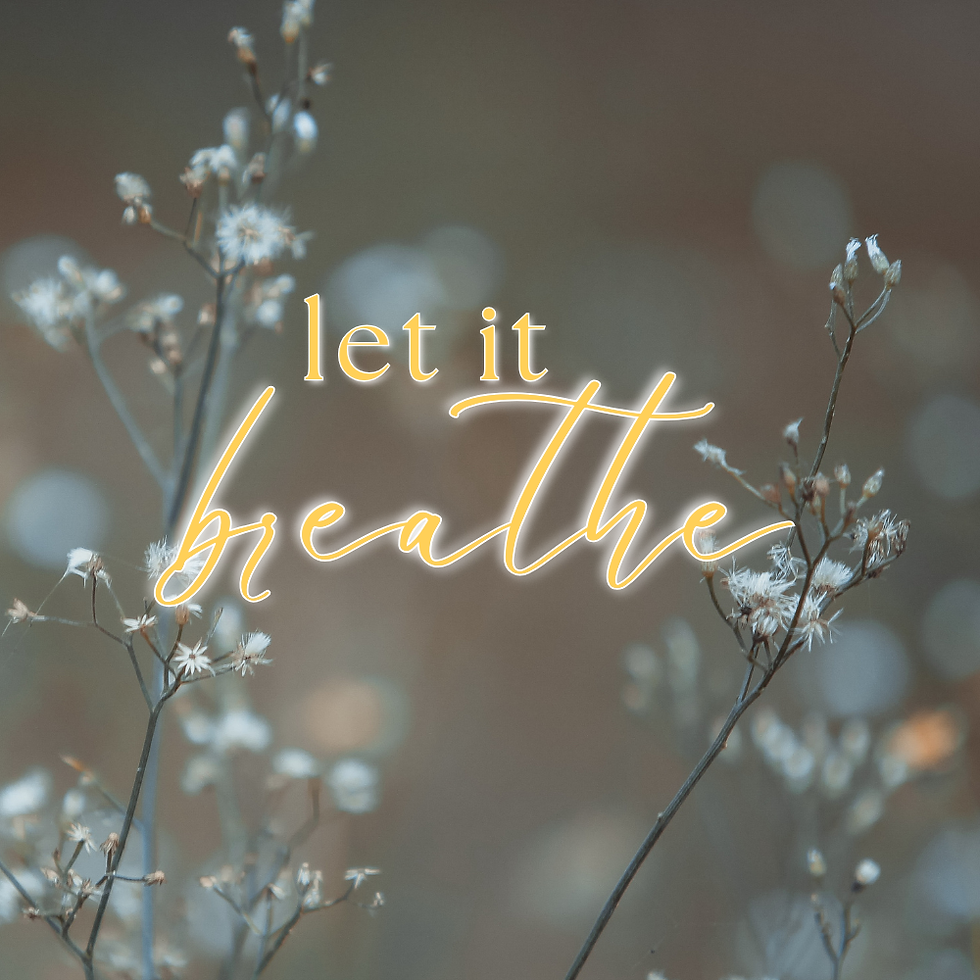Don't Judge: Writing Without Self-Doubt
- Abbey Bavaria
- Dec 24, 2020
- 3 min read
Updated: Oct 4, 2022

One of the feelings that stops me from beginning a new piece is the self-doubt that weasels into my mind while staring down a blank page. Writing in any form or genre is difficult enough without the self-criticism that can hold us back from putting our words out there. Even after years of experience writing for myself and others, starting a new essay, story, or poem can be a struggle.
I sometimes begin to unnecessarily criticize or doubt my ideas until I am so intimidated by the prospect of writing that starting feels like a giant hurdle. Becoming comfortable with the possibility of failure and writing without self-judgement is a crucial step in the creative process. Here are some tricks that have helped me become less disparaging of my own work over the years; I hope they can help you too!
The Blank Page
The simplest way to get over the anxiety that accompanies the empty page is to just not have one! To relieve the pressure of not knowing where to begin, I like to fill a portion of the first page with lines I already have. What you put at the top of the page can be anything. Write down a quotation you want to use later on. Find a line, fragment, or idea from a journal or notebook that could be used as inspiration or even incorporated into whatever it is you are writing. This way you already have something before you begin writing, and don’t need to agonize over which word will break the silence.
Just Start!
When it comes time to begin writing, the hardest part for me is finding the perfect words to start my piece. I often write down a phrase or sentence only to delete it a second later deeming it (and by extension, myself) inadequate. This then becomes a discouraging cycle that keeps me from getting work done. Rather than overanalyzing that opening line, just write down anything that enters your mind.
Remember that this is just a draft. It will change and improve through time and editing. Nothing in the first, or second, or third draft needs to stay there forever. Give yourself the freedom to just write without judgement and see where it takes you. It doesn’t need to make sense or even be a complete sentence. Once you have something, the rest will follow.
Don’t Throw It Out
An important step in writing non-judgmentally is valuing all of your ideas, lines, descriptions, and characters even when they don’t fit in the piece you are working on. Instead of getting rid of the lines that don’t work, collect them. You never know what could lead to a new idea, or what could work in a future project. These discarded fragments can even be put at the top of a document when starting a new piece. Just because something doesn’t fit, doesn’t mean that it’s bad. You may not discover its value until later on when it sparks that new, exciting story.
Find a Reader
Once I feel like I have written enough to share my work, I will often ask one of my writing friends to look it over. This way I get another perspective on my work when I become sucked into a spiral of self-doubt. One of the best aspects of feedback when it comes from someone you trust is that you know you will get the good with the bad. There will always be elements you can improve, but you will also learn what works well. If you are clouded by your own self-judgement, you may overlook some of your best ideas. Having someone give you honest praise can keep you from simply giving up in frustration.
Enjoy the Process
Finally, remember that writing is supposed to be fun and first drafts don’t need to be good! If you feel like you just can’t get started, try a creative exercise. Maybe sit in front of a window and make up stories about the people you see pass by. Try listening to music and letting your thoughts guide your pen. Flip through a book and choose a line to use as a prompt. Editing comes later. What first appears on the page is just a starting place that will grow as you work on it. Overthinking can often mean less writing, which is never a good thing. Better to have more to work with, than hardly anything at all. Enjoy the process and don’t judge a beginning before you discover how it ends.
About the author: Abbey Bavaria is a poet and writer from Rockland County, New York. She recently graduated from college where she studied English Language and Literature. She completed a concentration in poetry and wrote a short collection for her senior capstone project.
.png)



Comments